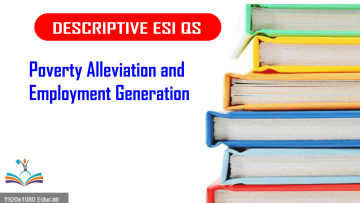In the competitive realm of the NABARD Grade A/B Descriptive English exam, the ability to write a compelling essay is your key to standing out. Our expert tips and strategies will guide you in understanding the nuances of effective essay writing. With a clear focus on structuring your ideas and presenting your perspective persuasively, you can boost your confidence and increase your chances of success. Discover the art of crafting compelling essays and elevate your writing skills to the next level. Start your journey to essay excellence today!







